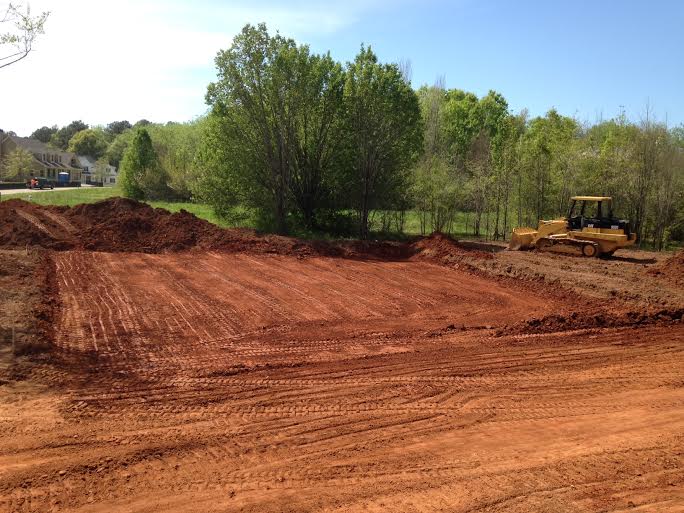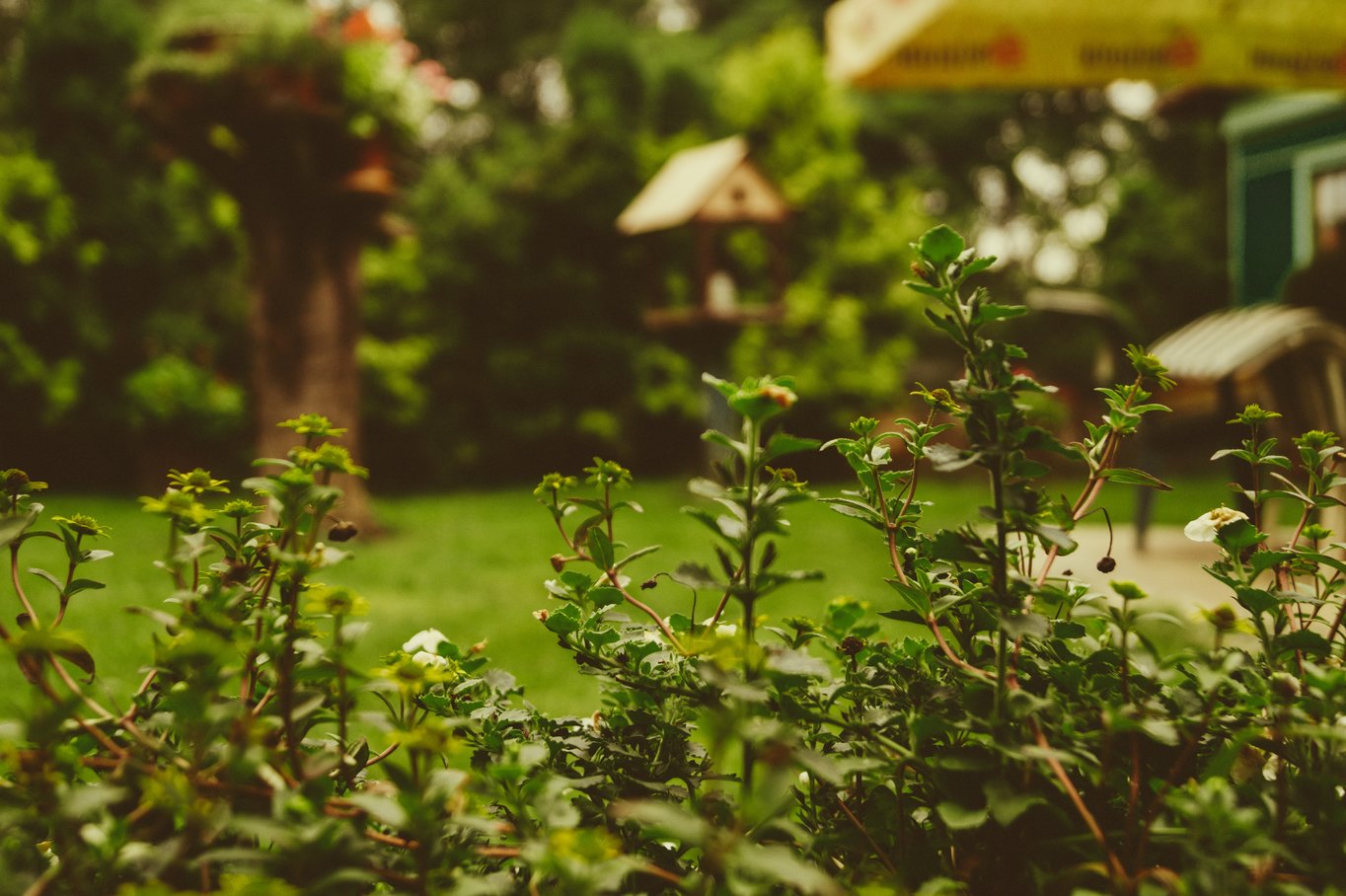How to Make a Glorious Garden with a Yard of Any Size
You can have a vibrant and flourishing garden this year no matter the size of your gardening space. Read this simple tips to learn how to make a glorious garden with a yard of any size.
Summer brings forth the fresh scent of blooming flora and fauna, newly mulched flower beds, and a litany of lively wildlife sure to inspire even the most obtuse personalities. After the spring, buds consistently burst alive in rapid succession, producing new life while they spread their billowing roots through the nourished unground looking for derivatives on which to feast. The luscious plants stretch their appendages toward the heavens as if they are beckoning the sun to break out from its clouded seclusion and they rejoice in the soft trickling of the rain when the grey skies pour down upon them. Vegetation is at its peak and farmers markets, flower boutiques, and your common neighborhood garden reap the benefits of the harvest.
Everywhere you look plant life takes form with the tenacity and strength demonstrated so eloquently in the nearby greenery, shrubs, and flowers. You do not need to be an expert gardener or born with a visible green thumb to have a piece of the prosperous crop. You merely need to have a basic understanding of your space and parameters and be willing to provide your garden with a touch of TLC to encourage it along its growth cycle. Here are some tips to ensure you have a gorgeous bounty this year regardless of your gardening space.

Tips for Micro Gardens.
If you have limited space, sustaining a garden comes with its own set of challenges; however, it is not an impossible feat. When you micro garden the primary challenge is maximizing space. Utilizing pots, both indoors and outdoors, will extend your viable planting area. You can also get significant benefits from smaller-sized plants like dwarf varieties of citrus trees. Succulents are a trendy, low-maintenance indoor option for greenery while vertical gardens, like these, stretch functional space to the max. Most herbs varietals make excellent windowsill plants because they are hearty and can thrive in both indoor and outdoor settings. Micro-gardening is a testament to the gardener’s creativity. Finding new ways to stack, hang, and display your plants might be crucial but understanding the essence of what each plant needs for optimum growth is essential. There are just some flowers and vegetables which do not grow well indoors or which require more space to mature. Make sure you speak with someone with a rich knowledge of gardening in tight areas before investing in any new plants. A horticulturist at a local nursery is a great asset for any gardener.
Tips for Small to Medium Garden Spaces.
As the size of the gardening space grows, so too do the potential problems. Insects, disease, competition for nutrient-rich soil, and weather have a much more significant effect on vegetative life cycles. Raised beds serve as a barrier to some invasive pests and simultaneously prevent soil compaction. The elevated position of the bed also is a deterrent for pathway weeds, and they provide drainage to help avoid several types of diseases and rot. Another way to ward off unwanted rodents and pest is to use transparent mesh. It is a non-chemical solution to help preserve vulnerable plant life, and some varieties last up to ten years. With a larger-sized garden, you can reclaim rainwater or even compost coffee grounds or other waste products to enrich the soil.
Tips for Large Garden Spaces
When you are dealing with large or oversized gardening spaces, deviation of beds is essential to keep everything separate and organized but creating visual continuity between spaces will leave you with a more aesthetically pleasing space. Larger plots of land obviously require more manpower to care for, prune, and harvest than smaller areas, but they reap more crops. Clear name markers, like these, will aid in identifying each varietal. Large parcels of flat land will also make easier work of tilling, pruning, and harvesting.

Source: jtmagbe.com
If you are working with steep hills or uneven land, then you should consider having the property graded to make the area more walkable and the soil more conducive to new growth. JT Magbe Contracting, LLC. is North Georgia’s leader in integrated land management, specializing in all forms of site work including grading, utility pipe construction, excavating, demolition, retention-detention pond maintenance, forestry mulching, clearing and brush mowing. For landowners interested in creating a fertile garden it may take the assistance of trusted professionals to prepare the site for planting. The experts at JT Magbe can remove existing, overgrown vegetation or old structures and help level the land for a smooth surface area.
No matter what size your garden may be, with a little love, some planning, the help of professionals, and some sunshine and water, you will be collecting a bounty of beautifully grown flowers, fruits, herbs, and vegetables.



